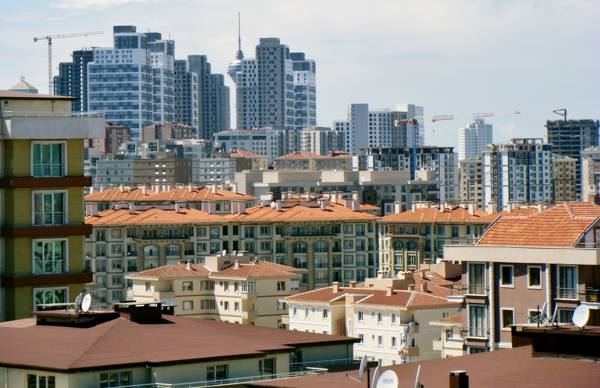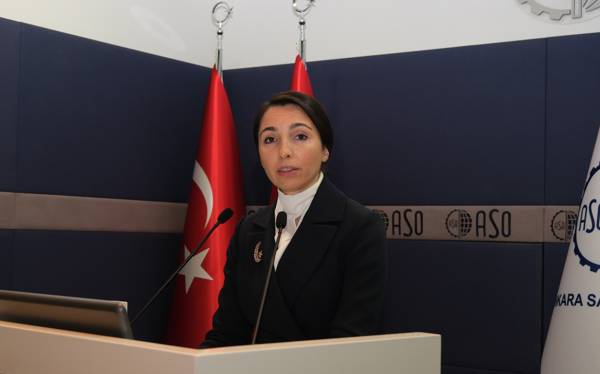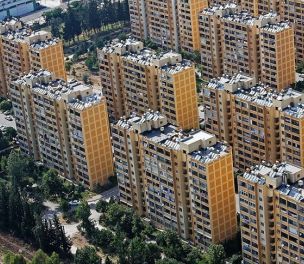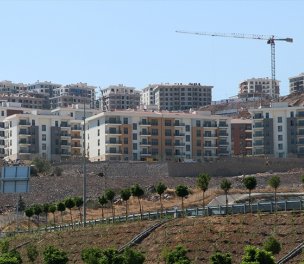At least 13 people were killed and 46 others were injured over the past year in violent confrontations between landlords and tenants, Gülcan Kış from the Republican People’s Party (CHP) has said.
"This situation reveals how serious the rent crisis has become at a societal level,” Kış warned and called for “urgent” government intervention during a press conference in the parliament.
The MP further warned that due to the violent incidents, landlord-tenant disputes are increasingly being escalated to heavy penal courts, which are responsible for handling more severe criminal cases.

Turkey's housing crisis: Citizens faced with landlord violence amid government inaction
One of the most recent incidents occurred in the central Anatolian city of Konya, where a military officer fatally shot his landlord and his son during a heated argument over rent. This case is just one of many that underscores the severity of the housing crisis in Turkey, where the average rent has skyrocketed, particularly in major cities like Istanbul, Ankara, and Izmir.
Turkey has seen a sharp rise in housing prices over the past three years, particularly in major cities, where average rent now exceeds the minimum wage earned by half of the country's workforce.
The government implemented a 25% cap on rent increases in 2022, hoping to curb the tension. However, since newly rented homes were not subject to the cap, many landlords tried to evict their current tenants to replace them, avoiding the cap’s restrictions. This ultimately led to many legal disputes between landlords and tenants.
Although the cap was generally considered ineffective, it offered tenants some protection, allowing them to avoid eviction as long as they could manage the 25% rent increase. Its removal at the start of July now allows rent increases of up to 65%, matching the 12-month inflation rate.
MP Kış warned that this move could push more tenants to the brink, especially those earning minimum wage, which currently stands at 17,002 liras, a figure “already insufficient to cover basic living expenses in many parts of the country.”
“With the 65% increase, rent prices will reach levels where married couples living on minimum wage won’t be able to afford,” she noted, adding that this would further disrupt social harmony. (VK)









